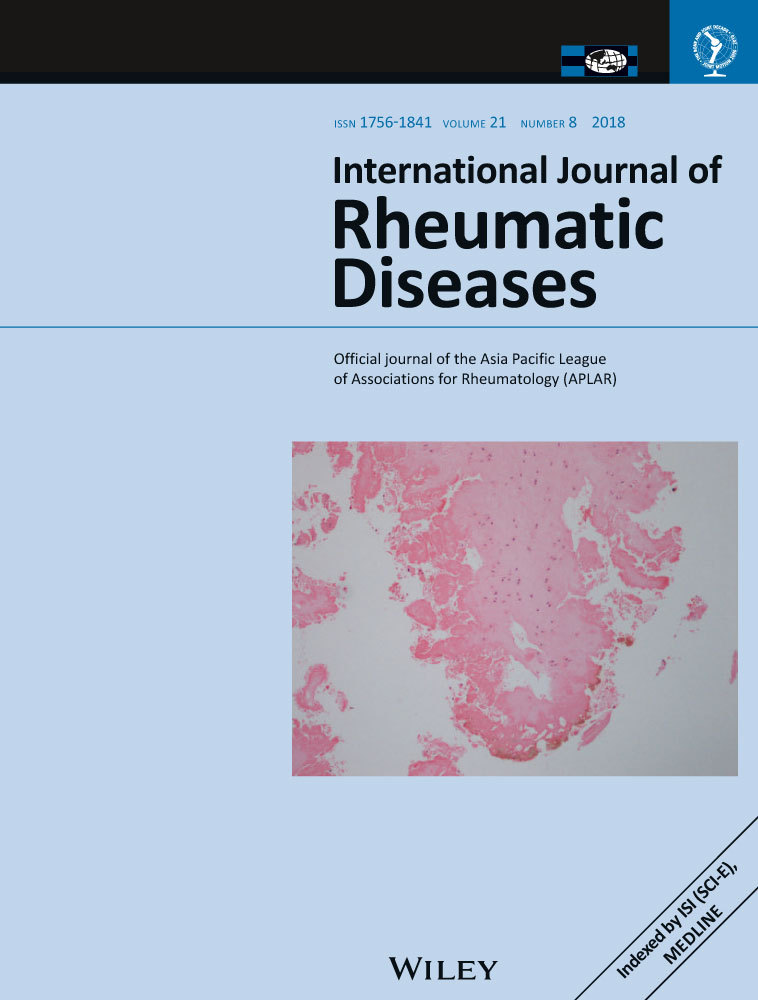A new approach towards improved quality of life in fibromyalgia: a pilot study on the effects of an aquatic Ai Chi program
Abstract
Background
Fibromyalgia syndrome (FMS) is a rheumatic disorder that presents with physical, psychological and social symptoms.
Objective
The aim of this study was to assess the effects of a program of water-based Ai Chi on the health-related quality of life of subjects with FMS.
Methods
An experimental pilot study was performed with a sample of 20 female subjects diagnosed with FM and recruited from two different settings. Assessments were performed using the a visual analog scale and the Short Form-36 physical and mental health summary scores. Measurements took place at baseline and upon completion of 10 treatment sessions.
Results
After 10 treatment sessions, significant improvements (P < 0.05) were found in practically all the variables under study, with significant differences in values such as pain perception, vitality, mental health, as well as perceived overall improvement in quality of life.
Conclusions
A water-based Ai Chi program may contribute to the improvement of mental and physical health and the quality of life in women with FMS.




